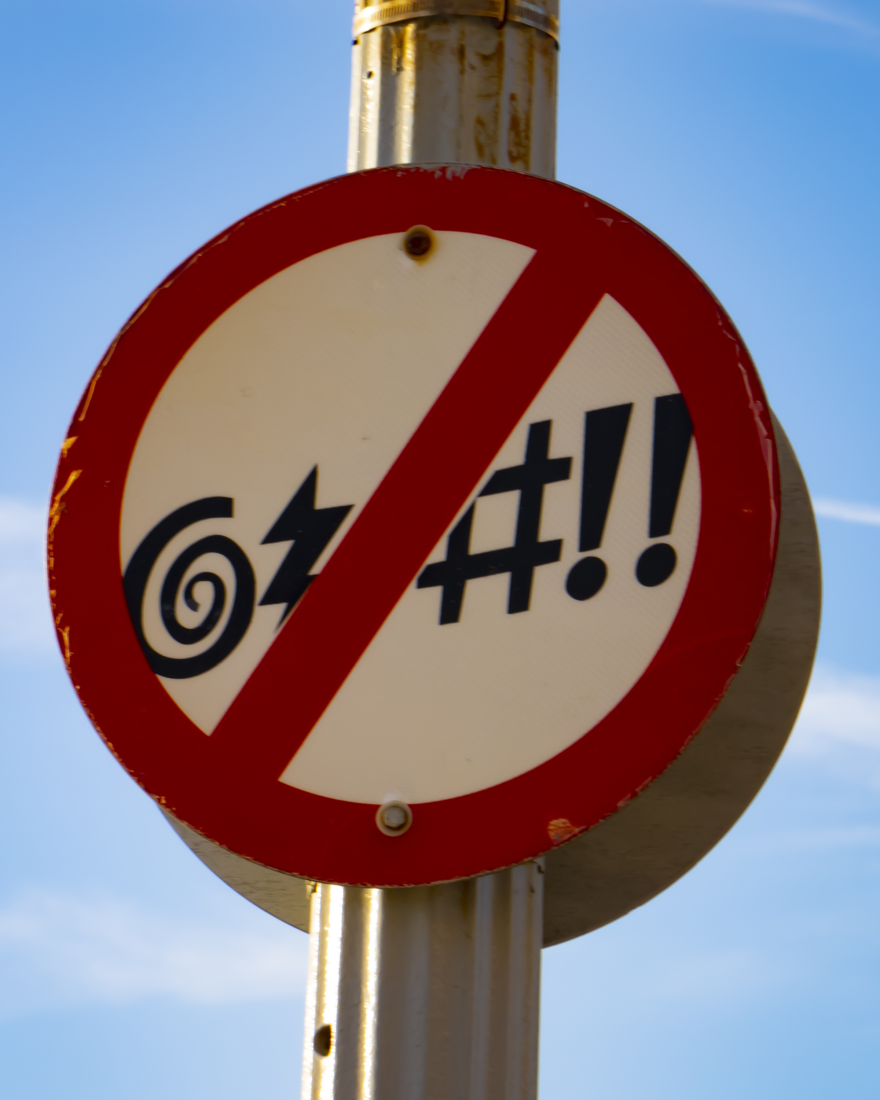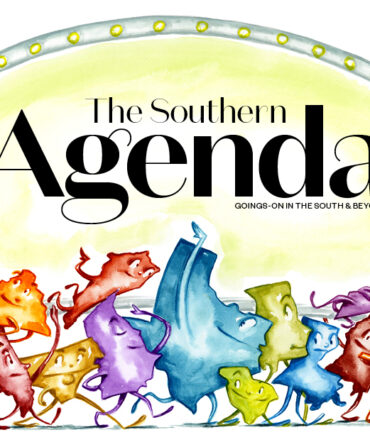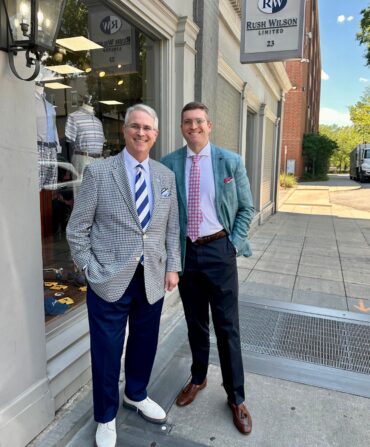In Virginia, saying the F-word in public is a class four misdemeanor and carries a $250 penalty. Well, it did. As of July 1, after more than 200 years on the books, cussing in the Commonwealth is no longer a crime.
“To profanely swear or curse” has been illegal since 1792, and, like a statewide swear jar, the act originally carried a fine of “eighty-three cents for every such offense.” What words were banned? Darn good question. The code didn’t say, which made enforced politeness a subjective decision.
After delegate Michael Webert’s (R-Fauquier County) five-year crusade to decriminalize the statute—and a bipartisan assist this session from Delegate Dawn Adams, (D-Richmond)—HB 1071 finally passed, and Governor Ralph Northam signed it into law in March. Webert, a cattle farmer, says that his effort to nix the law didn’t, as this reporter wondered, have to do with the pronunciation of his own Fauquier County, but rather his belief in freedom of speech.
“Virginia Beach had an ordinance that was written exactly like what is written in our state code,” he says. “It was found to be unconstitutional and a violation of First Amendment rights.” Signs with the symbols @⚡#!!! along Atlantic Avenue referenced Virginia Beach’s no cursing ordinance until they came down last year thanks to demand from the Atlantic Avenue Association—but not before the city handed out 24 citations of foul-mouthed beachgoers in 2019 alone.
Obscene language was used as a pretextual law, or a law that because of its subjective nature, could be used to stop someone to look for something else, says Del. Adams. “For me, that was what made it important,” she says. “The law had outlived its time and purpose.”
Up until this year, the push to protect potty-mouths was met with genteel disagreement and floundered in subcommittee. In 2016, Delegate Jackson Miller, R-Manassas, argued that getting rid of the cursing ban would “lead to a crass society.”
“I’ve seen these laws in a lot of Southern states,” says David L. Hudson, Jr., a First Amendment expert and Visiting Associate Professor of Legal Practice at Belmont University. “Mississippi had one where you couldn’t curse in front of women and children. North Carolina had a law that prohibited cursing on highways in the presence of two or more people.”
Del. Webert understands all the concern about cursing, but he’s not holier than thou. “I farm for a living,” he says. “When I’m working with cattle, my language changes considerably—let’s just put it that way.”
While state lawmakers today can celebrate their win on words, other vintage Virginia rules remain in effect. The same day legislators agreed to repeal the profanity law, they also voted to keep the ban on spitting in public, which doesn’t surprise professor Hudson. “There are all sorts of really weird laws that have just never been cleaned off the books,” he says. “Just pick up the code and browse through it. You’ll find some really weird shit.”








